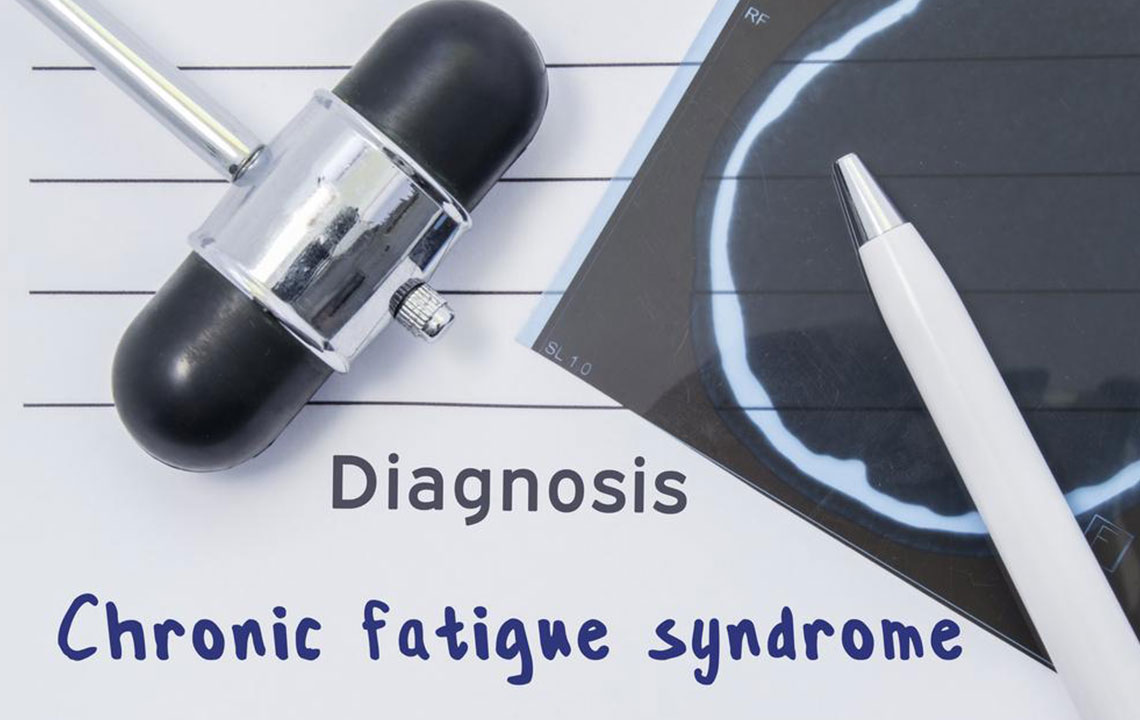Understanding ADHD: Causes, Signs, and Management Strategies
Discover comprehensive insights into ADHD, including its causes, symptoms, and effective management strategies. Learn how therapies and medications can help improve daily life and overall well-being for children and adults affected by this condition.
Sponsored

Attention-deficit/hyperactivity disorder (ADHD) is a behavioral condition marked by patterns of inattention, hyperactivity, and impulsivity. It affects both children and adults, often manifesting as individuals age. Adults with ADHD may experience symptoms that impact daily functioning. People with ADHD often struggle with tasks at school or work, which can diminish their overall quality of life.
The exact cause of ADHD remains uncertain. Diagnosis relies on criteria from DSM-IV and ICD-10. Interestingly, males are diagnosed more frequently than females.
Therapeutic approaches vary across countries but generally include behavioral therapies, medications, and specialist consultations to manage symptoms and improve life quality.
Factors Increasing ADHD Risk
The foremost risk factor is genetic; having family members with ADHD or other mental health issues can elevate risk.
Maternal smoking and alcohol use during pregnancy can predispose a child to ADHD.
Premature birth or low birth weight are linked to higher chances of developing ADHD.
Brain trauma, especially to the frontal lobe, can lead to ADHD-like symptoms.
Prolonged exposure to environmental toxins like lead is also associated with increased risk.
Signs and Symptoms
Cognitive challenges: Difficulty concentrating, forgetfulness, short attention span.
Mood variations: Boredom, irritability, anxiety, mood swings.
Behavioral traits: Hyperactivity, impulsiveness, aggression, difficulty controlling actions, restlessness.
Managing ADHD
Effective management may involve counseling, medications, behavioral therapies, parent training, and educational accommodations. Treatment plans are tailored based on specific risk factors, focusing on improving daily functioning and life quality.
Therapies such as cognitive-behavioral therapy, family support, and anger management can be beneficial. Medications like stimulants may be prescribed to regulate symptoms. Consulting psychologists, psychiatrists, or pediatricians is essential for comprehensive care.
Proper treatment can significantly enhance an individual's life, with many recovering or effectively managing symptoms through combined therapies and medications. Early diagnosis and intervention are vital for children, teens, and adults experiencing signs of ADHD.






